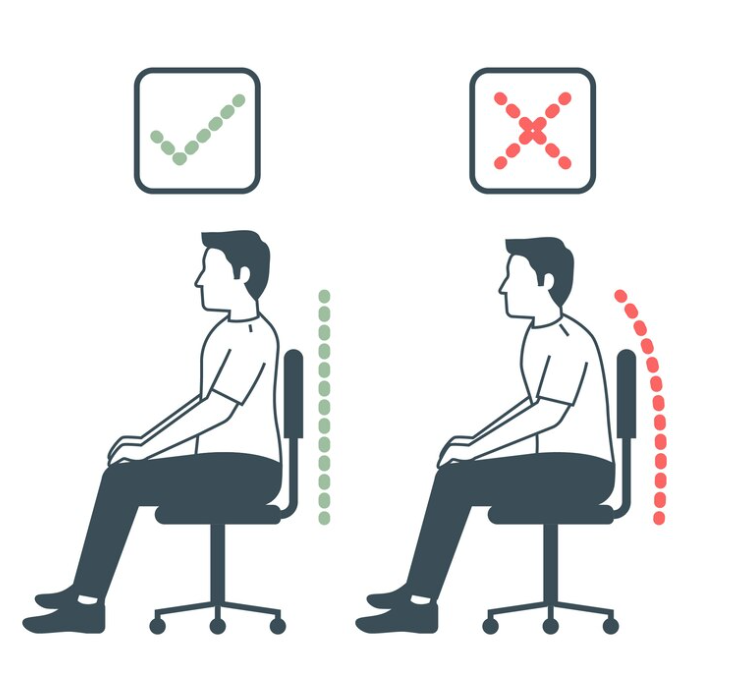
The Role of Hormones in Common Causes of Slipped Discs: From Poor Posture to Trauma
Your spine is a remarkable structure, providing support, flexibility, and protection for your body. However, certain factors can put stress on your spine and increase the risk of developing a slipped disc. In this blog, we’ll delve into common causes of slipped discs, while also considering the role of hormones in spine health.
Poor posture is one of the leading causes of slipped discs. When you slouch or hunch over for extended periods, it can place excessive pressure on your spinal discs, causing them to bulge or herniate. Hormonal imbalances can exacerbate poor posture by affecting muscle strength and flexibility, making it harder to maintain proper alignment and posture.
Similarly, repetitive movements and activities can also contribute to slipped discs. Jobs or hobbies that involve lifting heavy objects, bending, twisting, or sitting for long periods can strain your spine and increase the risk of disc problems. Hormonal changes, such as fluctuations in estrogen and testosterone levels, can impact muscle function and coordination, potentially making you more susceptible to injuries from repetitive movements.
Another common cause of slipped discs is trauma or sudden injury. Car accidents, falls, sports injuries, and other traumatic events can exert significant force on your spine, leading to disc herniation or rupture. Hormones play a complex role in the body’s response to trauma, influencing inflammation, tissue repair, and pain perception. Imbalances in hormones like cortisol, the body’s primary stress hormone, can affect the healing process and potentially worsen outcomes following spinal injuries.
Obesity and excess body weight can also contribute to slipped discs. The added weight puts increased pressure on your spinal discs, accelerating wear and tear and making them more susceptible to injury. Hormonal imbalances associated with obesity, such as insulin resistance and leptin dysregulation, can further exacerbate inflammation and metabolic dysfunction, potentially contributing to disc degeneration and herniation.
In conclusion, understanding the common causes of slipped discs can help you take proactive steps to protect your spine and reduce the risk of injury. By recognizing the role of hormones in spine health and addressing hormonal imbalances, you can support your body’s natural ability to maintain a healthy spine and minimize the likelihood of developing disc problems.
To seek medical advice, always consult a Doctor. Here are our recommended experts. Click Here
To read more on Slipped disc. Click Here


